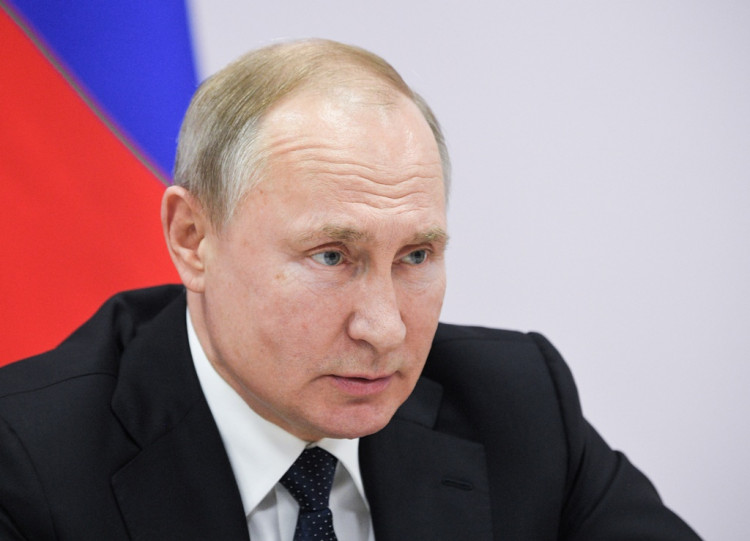Prices of both benchmark crudes on Friday traded at lows not seen since 2017 after Russia torpedoed an OPEC plan that would have slashed daily oil production by 1.5 million barrels per day (bpd) to steady sagging oil prices. The dramatic production cut would have affected the 14 nation cartel and its 10 other oil producing allies led by Russia, which together are better known as OPEC+.
International benchmark Brent crude sank to $45.46 a barrel Friday afternoon after Russia's decision, down more than 8%. In the same vein, U.S. West Texas Intermediate sank to $41.93, also 8% lower. Brent futures have fallen more than 30% since rising to a peak in early January. WTI plummeted almost one-third over the period.
Crude's price plunge followed Russia's unfortunate rejection of a plan approved by OPEC Thursday that decided on the 1.5 million bpd cuts at their meeting in Vienna, Austria. OPEC members were to have cut 1 million bpd and Russia and the nine other non-OPEC partners were supposed to cut 500,000 bpd.
This decision was taken ahead of critical talks on Friday with the 10 other oil producing nations led by Russia. The large proposed cut, which were at the top end of analyst expectations, depended on Russia's approval, however.
Russia again reiterated its opposition to the large production reductions without substantial cuts from American oil producers. It said it wasn't prepared to approve more production cuts. Russian Energy Minister Alexander Novak said Russia's rejection meant OPEC and non-OPEC members could now pump what they liked starting April 1.
"We have made this decision because no consensus has been found of how all the 24 countries should simultaneously react to the current situation," said Novak. "So as from April 1, we are starting to work without minding the quotas or reductions which were in place earlier but this does not mean that each country would not monitor and analyze market developments."
Industry analysts later said OPEC and its allies had even failed to agree to maintain existing cuts, further depressing crude prices. OPEC later released a statement saying it will continue discussions but made no mention of any production cuts. OPEC will meet June 9 to review the policy. The 10 non-OPEC allies won't be present at this meeting.
Despite strong indications Russia would balk at the large production cuts, OPEC publicly expressed optimism Russian would come on board with the plan.
"We have no reason to doubt the continued commitment of the Russian Federation to this partnership," said OPEC Secretary General Mohammed Barkindo before Friday's conference.
"We have repeatedly heard from the highest level of government in the Russian Federation of the commitment of the government to this partnership in the declaration of cooperation."






